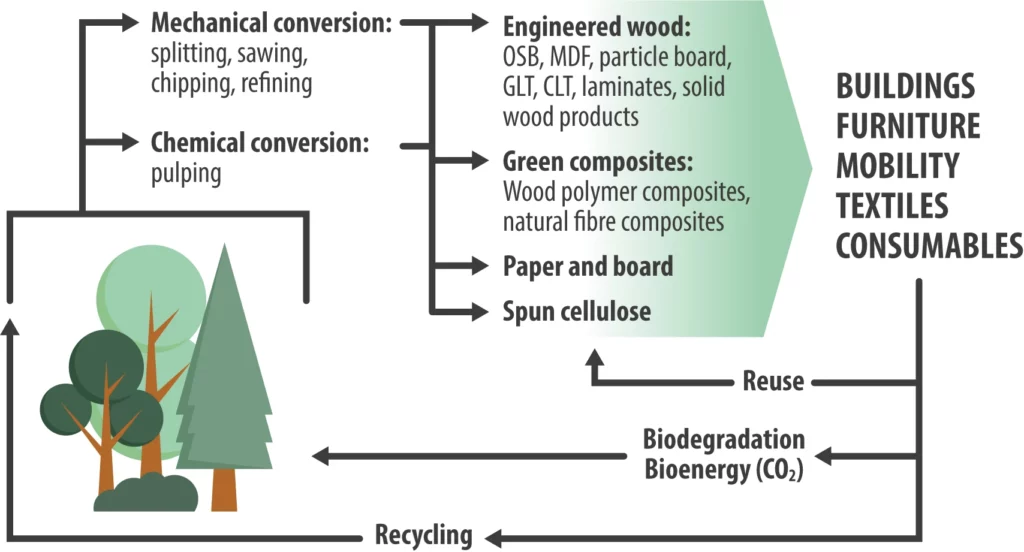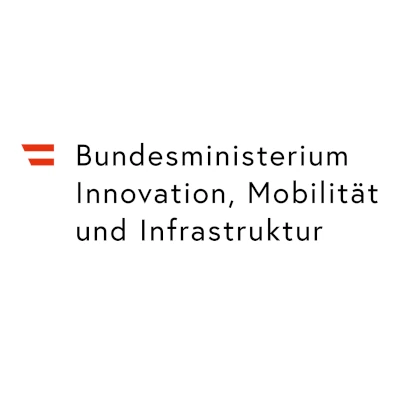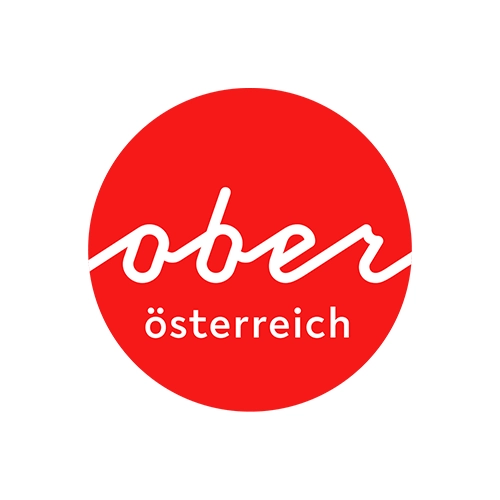From a scientific and technological perspective, the future challenges of the bioeconomy are seen as (1) the holistic and cascading utilisation of renewable raw materials, (2) the increasing demands on the functionality and properties of materials and products and (3) new process technologies that take into account the aspects of the circular economy, including recycling.
The research programme ‘WOOD – TRANSITION TO A SUSTAINABLE BIOECONOMY’ addresses these challenges and aims to develop (1) new or improved production processes, (2) new bio-based products and materials, (3) new or improved methods (e.g. in analytics) with (4) higher resource efficiency (savings in raw materials, energy, machine load and personnel). The resulting innovations are intended to make a significant contribution to sustainability and strengthening the bioeconomy by enabling the more than 30 participating partner companies to utilise them in their production plants and successfully market the resulting products internationally.
Factsheet Comet-Zentrum – Kompetenzzentrum Holz GmbH (Wood K plus)







Success Stories Wood K plus (selection):
- Bioelectrorefinery - electrochemical side-stream valorisation in the pulp industry
- All-Wood panels based on wood dust
- Biobased resins
- Simulating international forest-based value chains under supply shocks - an agent-based approach
- Production of bio-based resols from structure defined lignin oligomers (Lignowert)
- From industrial effluents to emission reduced wood boards
- Flexible Wood
- Eco-efficiency - linking environmental and economic impacts of the bioeconomy
- Improvement of acetic acid and furfural production in a wood biorefinery
- Wood-polymer-composites: portfolio with completely new properties
- Sample preparation for atomic force microscopy and infrared microscopy
- Competitive alternative adhesives for wood-based products
- Wood from agriculture - social benefit or burden?
- Hard-wearing oiled wood surfaces
- Statistical design of experiments for knowledge-based production
- Biobased carbon materials and ceramics (Biocarb-K)
- Microbial upgrading of a side stream from cellulose fiber production
- Melamine-based self-healing coating systems
- More efficient membrane separation through better understanding of molecular interactions
- Mathematical model provides insight into gluing of wood particles
- New ways to produce superhydrophobic wood surfaces
- Weather-resistant coating systems for wood and wood based composites
- Bio-based materials for additive manufactur-ing (am) with excellent impact strength
- Investigation of the ractivity of furfural for an improved biorefiniery process
- Textile chemical-modified viscose fibers have been successfully developed
